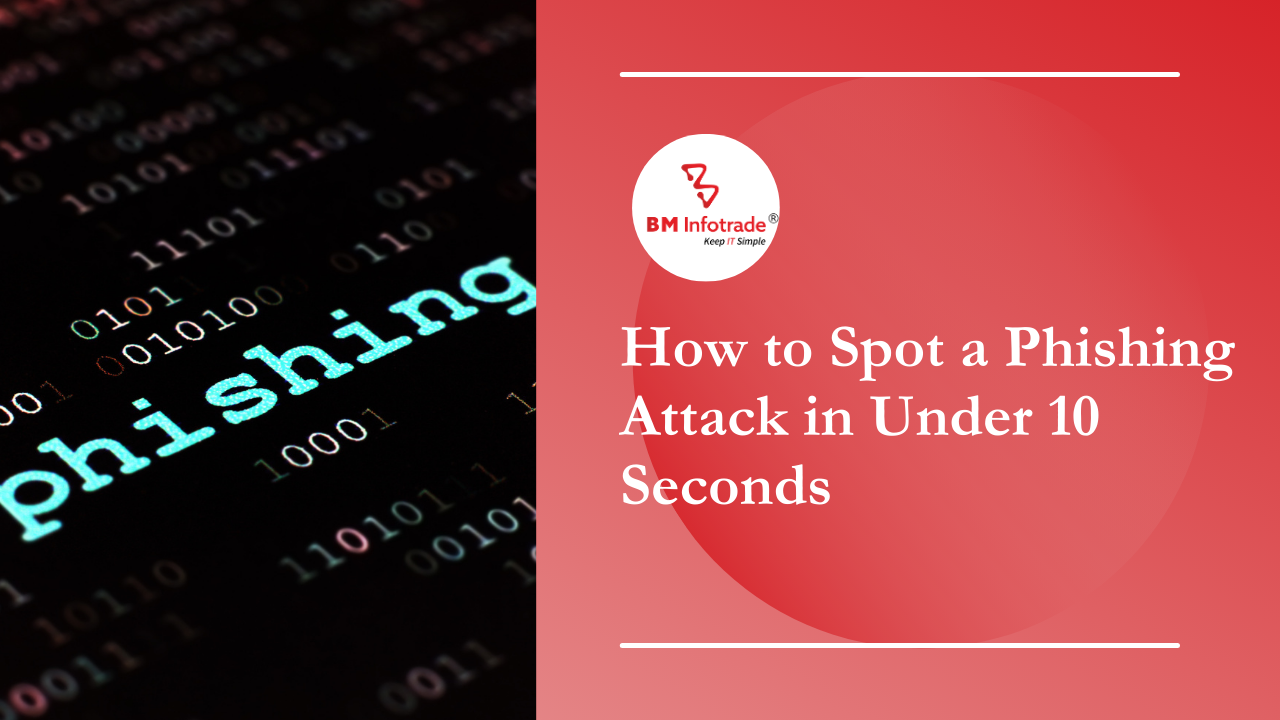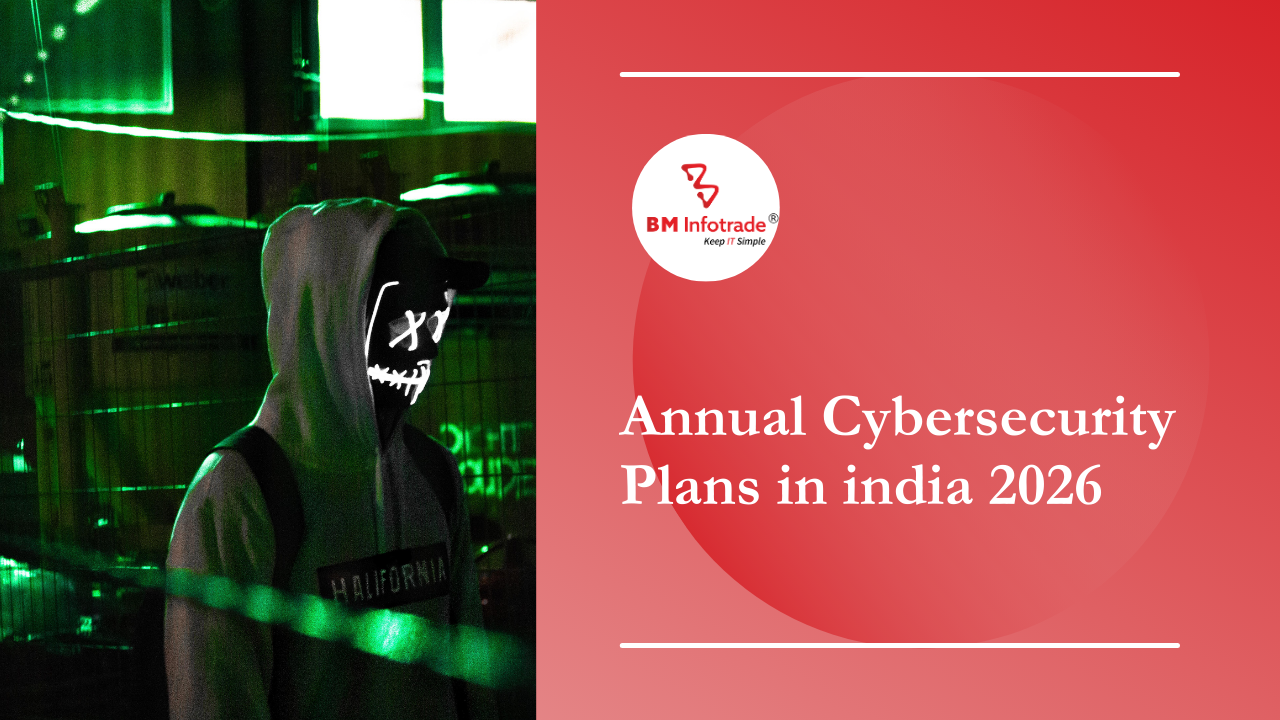Understanding VPNs: What They Are and How They Work
Learn what VPNs are and how they work to enhance online privacy and security by creating a secure, encrypted connection between your device and the internet.

Understanding VPNs: What They Are and How They Work
Table of Contents
The importance of online privacy and security in this modern digital age cannot be overstated. As hackers and eavesdroppers keep on escalating their acts, so do the threats to your internet activity. Among the solutions is the Virtual Private Network. This paper examines what VPNs are actually, how they work, and why they are so crucial in the protection of your online presence.
What is a VPN?
VPN, which stands for Virtual Private Network, is a technology that allows users to set up a secure connection over the internet with another network. VPNs will mask your IP address, making your online actions almost untraceable. It is very important for a person who cares much about privacy and safety on the internet.
Essentially, a VPN creates a secure "tunnel" between your device and the internet. This tunnel is usually encrypted; hence, nobody can see or read the data. Though VPNs were originally developed for secure remote access to sensitive business-related information, nowadays, they are used by everyone who is concerned about their safety and privacy on the internet.
How Do VPNs Work?

VPN technology is based on a process called tunneling, which basically involves encapsulating data in packets to be securely sent over the internet. Here's how VPNs work, step by step:
Encryption: Data, once you have a VPN connection, is put into motion with encryption even before it physically leaves your device. In case someone gains access to it, they would not be able to read it without the encryption key.
Tunneling: Encrypted data is tunneled through a private and secure tunnel to a VPN server in a different location. The tunnel keeps your data safe and secure from being reached by a person who is not in the tunnel.
VPN Server: The server, through its decryption, will send your data to the required destination. Upon receiving a reply at the server, it will re-encrypt the data and send it back through the secure tunnel to your device.
Data Transmission: Your VPN client decrypts the data received from its encryption, which helps provide you with the safest way to access the information. By masking your IP address and routing your traffic through a secure server, a VPN ensures that your online activities remain private and secure.
Read More: Basics of Network Technologies: Benefits of Networks
The different types of VPNs
The VPNs come in several types to serve different purposes. The main types include:
Remote Access VPN: This type of VPN allows a single user to connect to a private network from a remote location. One common application for remote access VPN is allowing remote workers to securely access their company's network.
Site-to-Site VPN: This type is commonly used within businesses to connect several networks at different sites. This way, different office branches can easily communicate with one another over the internet without the risk of losing their data to hackers.
Personal VPNs: Personal VPNs are a type of product designed to serve individual end users having concerns about privacy and security over the internet. They are pretty simple to configure and use, making them very popular with everyday users of the internet.
Corporate VPNs: A VPN put in place by a business to give its employees remote but secure access to the corporate network is corporate in nature, and it usually includes advanced security features incorporated to protect sensitive data.
Each of these types of VPN is designed for specific reasons but with the shared common goal: to improve security and privacy.
Benefits of having a VPN

A VPN gives you many benefits, thus dramatically changing your online experience:
Better online privacy: With a VPN, your IP address is masked so that your online activities will not be traced back to you. This, in essence, holds water to make sure personal privacy reigns in a world where online tracking has become normative.
Improved Security on Public Networks: Public Wi-Fi is very insecure. A VPN will be your shield for encrypting traffic, which otherwise can easily be captured by hackers and other cyber threats when you're connected to an insecure public Wi-Fi network.
Access to Geo-Restricted Content: Many streaming services and websites limit the viewing of their content to specific locations. With a VPN, you are able to overcome such restrictions and access materials from almost all over the globe.
Cyber-threat protection: VPNs provide an extra layer of security with the encryption of data, which is a big advantage since it blocks cyber attackers from any attempts to access and misuse your information.
Anonymity and IP Masking: A VPN changes your real IP address to one from elsewhere, which is not even yours, to give you anonymity and assurance that the websites do not log your actual location.
Choosing the Best VPN
You should consider the following points when choosing the VPN that best suits you:
Security: Seek VPNs that have strong encryption, a no-logs policy, and advanced security features, ideally including a kill switch and DNS leak protection.
Speed: Ensure the VPN offers good speeds and reliable connections if you plan to use it for streaming or gaming.
Ease of Setup: Acquire a VPN with a user-friendly setup interface. Value good customer support is also a plus.
Cost: Compare the pricing plans and choose a VPN that gives you good value for money. Many renowned VPNs come with free trials or money-back guarantees.
Read More: Security system vs Proxy Server: Understanding Key Differences for Enhanced Network Security
Conclusion
Learning about VPNs in the internet age makes one realize how indispensable and required it has become in life. It brings a secure, encrypted online tunnel to your activities, making one's online activity invisible to hackers and the like. VPNs conceal the user's IP address and, therefore, allow for access to the geo-locked content made available. This is exactly why investing in a VPN brings you tremendous value as a remote worker, frequent traveler, or simply a person who cherishes privacy. When choosing one, think about the security features, speed, ease of use, and cost. Embrace the use of VPNs as a forward move that will enable you to be proactive and ensure that you are safe while using the internet.





![Cloud Licensing and Compliance Made Easy [All-in-One Bundle]](https://bminfotrade.com/assets/upload/blog/21851766642757.png)

Anshul Goyal
Group BDM at B M Infotrade | 11+ years Experience | Business Consultancy | Providing solutions in Cyber Security, Data Analytics, Cloud Computing, Digitization, Data and AI | IT Sales Leader